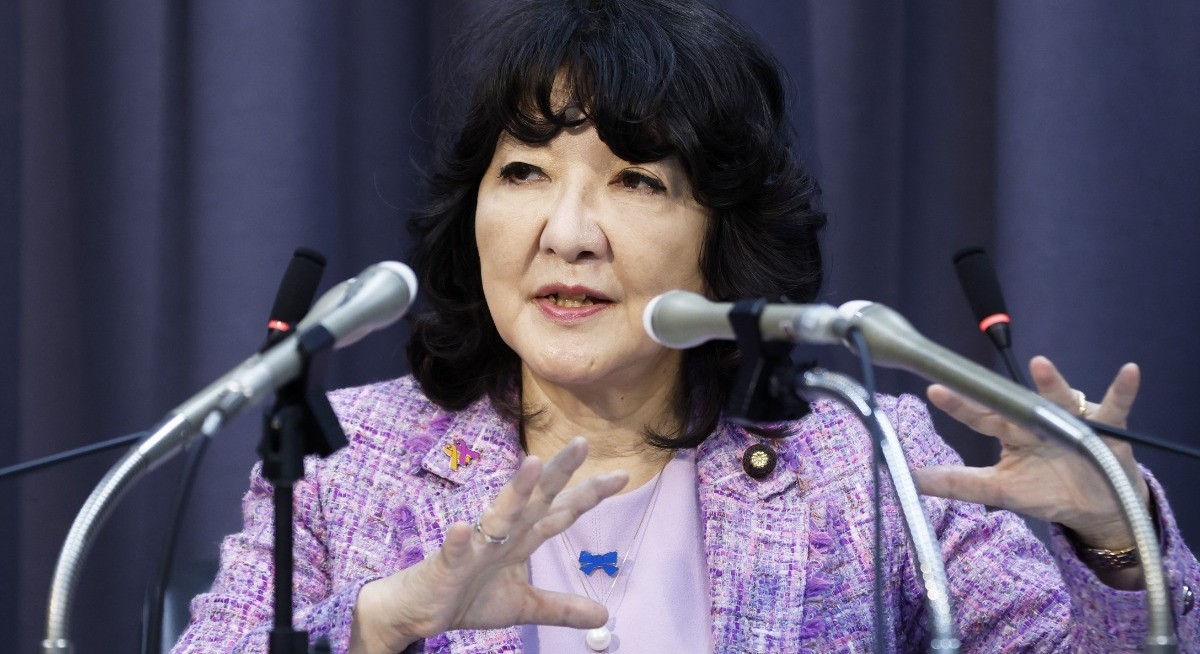(Oct 24): Japan’s Finance Minister Satsuki Katayama signalled that it may be necessary to issue additional debt to fund Prime Minister Sanae Takaichi’s upcoming economic package, if existing resources prove insufficient.
“We usually draw from higher-than-expected tax revenues and unspent funds from previous budgets to fund extra budgets,” Katayama said in an interview with a group of reporters on Friday. “But if that’s not enough, we’ll have to issue more government bonds — it can’t be helped if it comes to that,” she said.
She added that it is still too early to get the full picture of the expected fiscal balance.
Katayama’s comments come as Takaichi moves to compile a package of economic measures to tackle inflation and other challenges, one of her immediate priorities. The prime minister instructed Cabinet members on Tuesday to put together the stimulus plan, which is expected to include price-relief initiatives, more defence spending and other items. A supplementary budget will be drafted to finance the package.
Katayama said earlier this week that the extra budget would be sufficient in size to achieve its goals, though not necessarily large in scale.
The finance minister also said the government will sincerely approach a cut in the sales tax for food, one of the items in the agreement between the Liberal Democratic Party (LDP) and its new coalition partner Japan Innovation Party.
See also: Japanese PM Takaichi’s govt kicks off with high approval ratings
Still, Katayama also struck a note of caution, saying that several factors must be considered, including the tax’s role in funding social security and the technical challenges of implementing the change.
“The fact that a coalition agreement has been reached is a very serious matter, so I think we will have to discuss it sincerely,” Katayama said, but signalled that talks are still very much ongoing.
Like the prime minister, Katayama has been advocating for a responsible but expansionary fiscal policy, saying Japan should gradually reduce its net debt-to-gross domestic product ratio while targeting growth.
See also: Japan's Takaichi orders economic package to tackle inflation
Since pro-stimulus Takaichi’s victory in the ruling LDP leadership race and her appointment as the prime minister, Japan’s long-term government bond yields have risen on concerns over fiscal expansion. Earlier this month 30-year JGB yields climbed to a record 3.3%.
While gains on super-long bond yields have since then somewhat calmed as Takaichi tempered some of the fears over spending, supply-demand concerns persist as the Bank of Japan continues to scale back purchases. Starting in October, the central bank will buy ¥345 billion (US$2.3 billion) in 10- to 25-year notes each month, down from ¥405 billion in the previous quarter.
“The government bond management policy is handled with exceptional care,” said Katayama, adding that there had been no issues with bond sales so far.
She noted that the government is preparing to issue different types of bonds, such as those with variable rates linked to short-term interest rates, and is considering expanding the definition of individual investors who can buy Japanese government bonds to include non-profits and medical corporations.
“One of our most important responsibilities is to continue working closely and carefully with market participants in managing Japan’s government bonds,” she said.
Katayama became the nation’s first female finance minister earlier this week, shortly after Takaichi made history by becoming Japan’s first woman to take up the nation’s top job.
Following the group interview, Katayama had a 15 minute call with US Treasury Secretary Scott Bessent, and told reporters that they are set to meet in person next week when US President Donald Trump is also in Tokyo.
“I think we will get along well,” Katayama said. “Bessent is an admirer of Abenomics, and we are both finance people from the same generation.”
Uploaded by Tham Yek Lee




